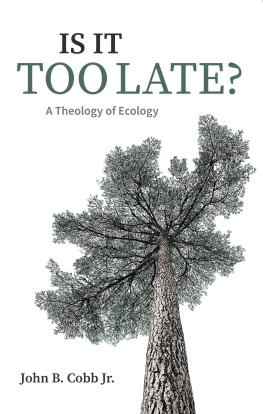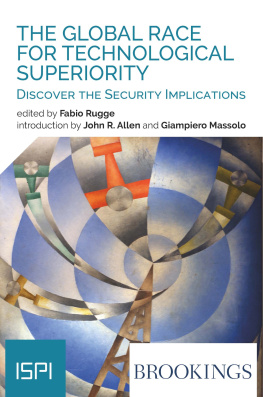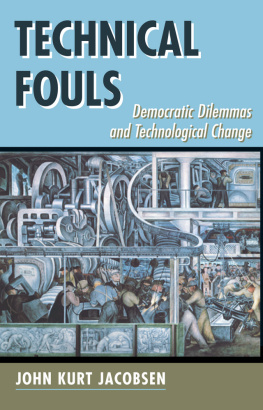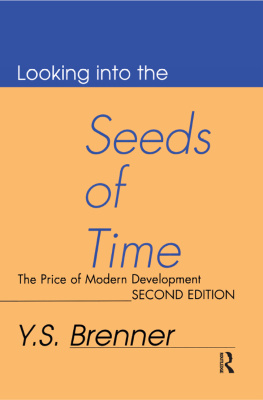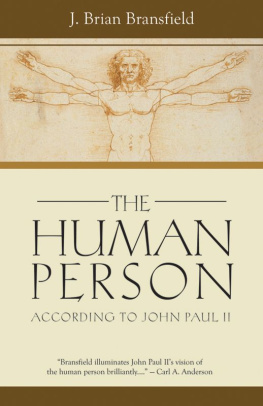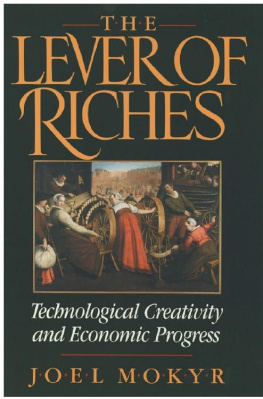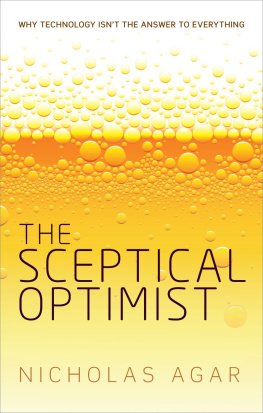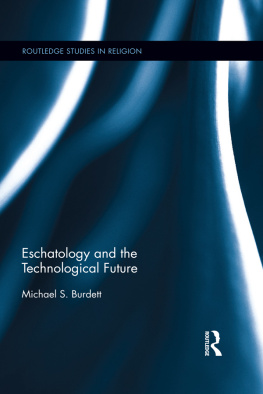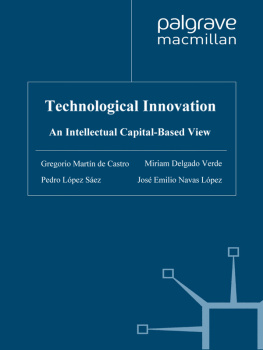1
Dispatches: Turning Points in Theology and Global Crises
Dispatches: Turning Points in Theology
and Global Crises
Dispatches: Turning Points in Theology and Global Crises draws on the legacy of early twentieth-century theological responses to the crises of the two world wars. During World War II, the Signposts series (Dacre Press, 1940) sought to offer an interruption of a theological malaise in the midst of mass violence and destruction. Contributors from that series, including Julian Casserley, Eric Mascall, and Donald Mac-Kinnon, among others, offered slim volumes that drew from diverse resources and harnessed the apocalyptic political urgency of the dialectical school within the theological grammar of a more traditional Anglo-Catholic Thomism. Similarly, and inspired significantly by MacKinnons contributions, this present series draws on diverse theological resources in order to offer urgent responses to contemporary crises.
While the title of the series conveys the digest nature of the volumes, the subtitle, Turning Points, indicates the apocalyptic urgency of the issues addressed, and yet reserves any prescriptive judgment on the manner in which the tradition can be reappropriated by our authors. In this way, we seek to offer a genuinely creative and disruptive theological-ethical ressourcement for church in the present moment. With conceptual agility and faithfulness, this series will provide intelligent and yet accessible reflections on the shape and form of theological life in the present.
Dispatches will illuminate and explore, creatively and concisely, the implications and relevance of theology for the global crises of late modernity. Our authors have been invited to introduce succinct and provocative arguments intended to provoke dialogue and exchange of ideas, while setting in relief the implications of theology for political and moral life.
Series Editors
Ashley John Moyse (PhD, Newcastle) is the McDonald Postdoctoral Fellow in Christian Ethics and Public Life, Christ Church, University of Oxford.
Scott A. Kirkland (PhD, Newcastle) is the John and Jeane Stockdale Lecturer in Practical Theology and Ethics and research coordinator for the Trinity College Theological School, University of Divinity, Melbourne.
Published Titles
The End Is Not Yet by John W. de Gruchy
Political Orthodoxies by Cyril Hoverun
Theology and the Globalized Present by John C. McDowell
Theology, Comedy, Politics by Marcus Pound
The Art of Living for a Technological Age by Ashley John Moyse
Forthcoming Titles
Gender Violence Church by Anna Mercedes
Intersectionality, Religion, and Theology by Joerg Rieger
The Art of Living for a Technological Age
Toward a Humanizing Performance
Ashley John Moyse
Fortress Press
Minneapolis
THE ART OF LIVNG FOR A TECHNOLOGICAL AGE
Toward a Humanizing Performance
Copyright 2021 Fortress Press, an imprint of 1517 Media. All rights reserved. Except for brief quotations in critical articles or reviews, no part of this book may be reproduced in any manner without prior written permission from the publisher. Email copyright@1517.media or write to Permissions, Fortress Press, PO Box 1209, Minneapolis, MN 55440-1209.
Cover design: Alisha Lofgren
Cover illustration: iStock 2020: Conceptual Max pointing at something by Pavel_R
Print ISBN: 978-1-5064-3163-5
Ebook ISBN: 978-1-5064-6919-5
To Theodore Karabo Moyse,
may you learn to become as discerning
as the bees.
For there are few things which the modern man... needs to impress upon his mind... in order to remain alive before God and for himself he must find a place for rest, no matter what the cost. The strange thing is that in spite of all the astonishing possibilities of intensification, multiplication and acceleration which he has been able to create for himself in the constantly mounting development of his technical mastery of work, he has not so far caused or allowed himself to be induced to relax, to find relief and liberation, to be released from tension, to find intelligent diversion and therefore to find the way to true work. On the contrary, all these new possibilities have thus far had only the result of setting an increasing pace by the accelerating tempo of his machines and gadgets, so that he is driven and chased and harried as it were by them. He has let himself be set by them in a mounting fever for work, and while this fever may later prove to be a channel to new and better health, there is also the possibilityand there are more pointers in this directionthat the patient will one day die of it. There is also the possibility that it is a symptom of the approaching and gigantic ruin of at least a stage of civilisation. There is also the possibility that it cannot continue very much longer. We can scarcely maintain that what modern man has so far achieved in this increasing fever is either gratifying or hopeful.
Karl Barth. Church Dogmatics, Volume III. The Doctrine of Creation, Part 4. Translated by Geoffrey W. Bromiley and Thomas F. Torrance. Edinburgh: T&T Clark, 2004, 55556.
Contents
I am grateful to several people who have played an important role in the writing and publishing of The Art of Living for a Technological Age. First among them is my colleague and dear friend Scott A. Kirkland, who has been instrumental in preparing and advancing the series in which this volume is included. His attention to this volume in particular, with incisive comment and encouragement, has only made this a better book. I am also grateful to Michael Gibson for his friendly, adept, and professional support in bringing this series to press. And to the editorial team at Fortress Press, with special thanks to Will Bergkamp and Silas Morgan as well as Claire Brubaker and Marissa Wold Uhrina, I am grateful for the continued and careful attention to the series.
There are so many others who have contributed to this volume, as readers, conversation partners, commenters, and critics. They are a global network of friends, peers, and mentors, whose inclusion here reminds me that a human being is a being togetherand academic work can be a communal event. To Michael Burdett, Scott Campbell, Ron Dart, Celia Deane-Drummond, Ross Hastings, Fabrice Jotterand, Mike Mawson, John McDowell, David Robinson, Aaron Walters, Brent Waters, and Jens Zimmermann, among many others: each of you has contributed to this volume, providing commentary and reflections, conversations and challenges. You have given of your time and your attention. For everything, I am fortunate. But it is your friendship that I appreciate most.
To my students back in Vancouver and here in Oxford, youve been a source of joy, laughter, and pride. To Lydia Corriveau, Sophia McLean, Paul Robinson, and Alex Trew: it has been a joy to journey with and to learn from you as youve each pursued important and challenging questions and as youve given attention to my own research and writing. Youve all demonstrated humility, patience, charity, and good humor. And to Scout Brobst and Gemma Baker: I am honored to have had the opportunity to work with you both as youve pursued undergraduate and postgraduate studies, respectively. You have often been a source of great delight as Ive watched you flourish. Moreover, your respective attention to and assistance with this project is appreciated greatly. And to Maria Beer Vuco, my research assistant: thank you. Your curiosity and competence, thoughtfulness and talents are commendable. I am honored to have such an affable and gifted scholar to work with and to learn from.


